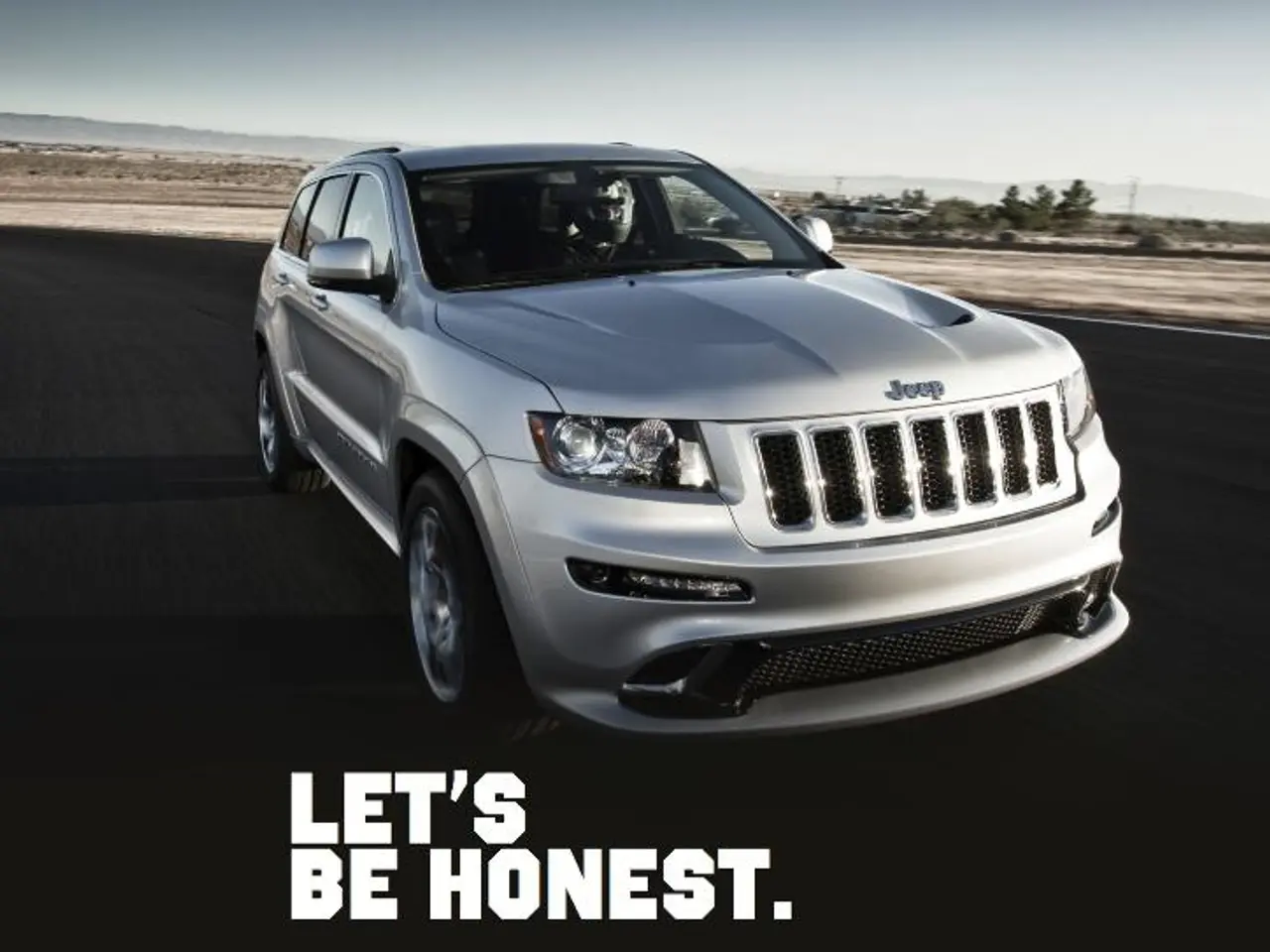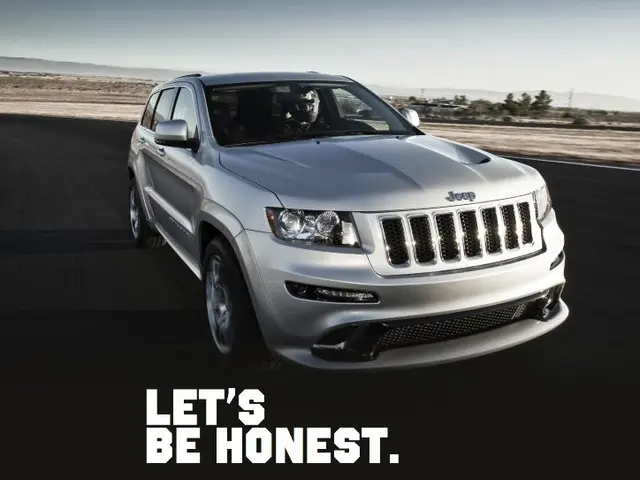Tesla May Evade Trump's Tariffs, While Other Companies Foot the Bill
In a significant move, President Trump enacted a 25% tariff on automobiles and their parts on March 26, 2025. This decision, coupled with another 10% baseline duty on all imports that took effect in early April, has sent ripples through the automobile industry.
One company that seems to be weathering the storm relatively well is Tesla. With its manufacturing primarily domestic, Tesla could avoid significant harm from these tariffs. The company manufactures all cars sold in North American markets within the U.S., a strategy that has served it well in these challenging times.
However, the long-term impacts of Trump's tariff scheme on Tesla's sales and vehicle prices are unclear. The 85% domestic content exemption, which primarily favors Tesla, allows it to avoid parts tariffs entirely. This could mean Tesla experiences fewer price disruptions than its competition.
Tesla's profits, however, have taken a hit. A sales decline driven by Elon Musk's rapidly falling reputation led to a staggering 71% drop in profits in Q1 2025. This decline was further reflected in Tesla's stock, which fell by 43% between December 2024 and March 2025.
The situation is more dire for American automakers such as Ford, General Motors, and Stellantis. These companies have significant vehicle and component production outside the USA, particularly in Mexico, Canada, and other countries. The tariffs on imports could increase costs and disrupt supply chains for these companies.
Elon Musk, the CEO of Tesla and a close Trump confidant, has highlighted Tesla's high percentage of U.S. content. However, reshoring operations to avoid tariffs is expensive and time-consuming. American automakers have shown concern over Trump's tariffs, with Ford CEO Jim Farley stating that a 25% tariff across the Mexico and Canadian border would "blow a hole in the U.S. industry."
Trump's new tariff scheme does offer some relief. It will reimburse automakers for U.S.-made vehicles up to 3.75% of the car's value. This could potentially offset some of the costs associated with the tariffs.
Tesla's decision to stop selling the Model X and S in China due to a 125% tariff on U.S. imports could hinder its benefits from U.S. production. This move, along with the ongoing impacts of the tariffs, will continue to shape the landscape of the automobile industry in the coming months.
In the end, the effects of Trump's tariffs on the automobile industry remain a complex and evolving issue. While some companies like Tesla may benefit, others face significant challenges in navigating these tariffs and maintaining their competitive edge.
Read also:
- Discusses Rasmus Sojmark's thoughts on the Legends Charity Game before SBC Summit
- Stone mining has transformed the once renowned 'Sada Pathor' into a desolate, post-apocalyptic landscape.
- The Developmental Journey of Digital Supply Chains
- In the Heart of Soho, Manhattan, a New Brewery Emerges Underground








